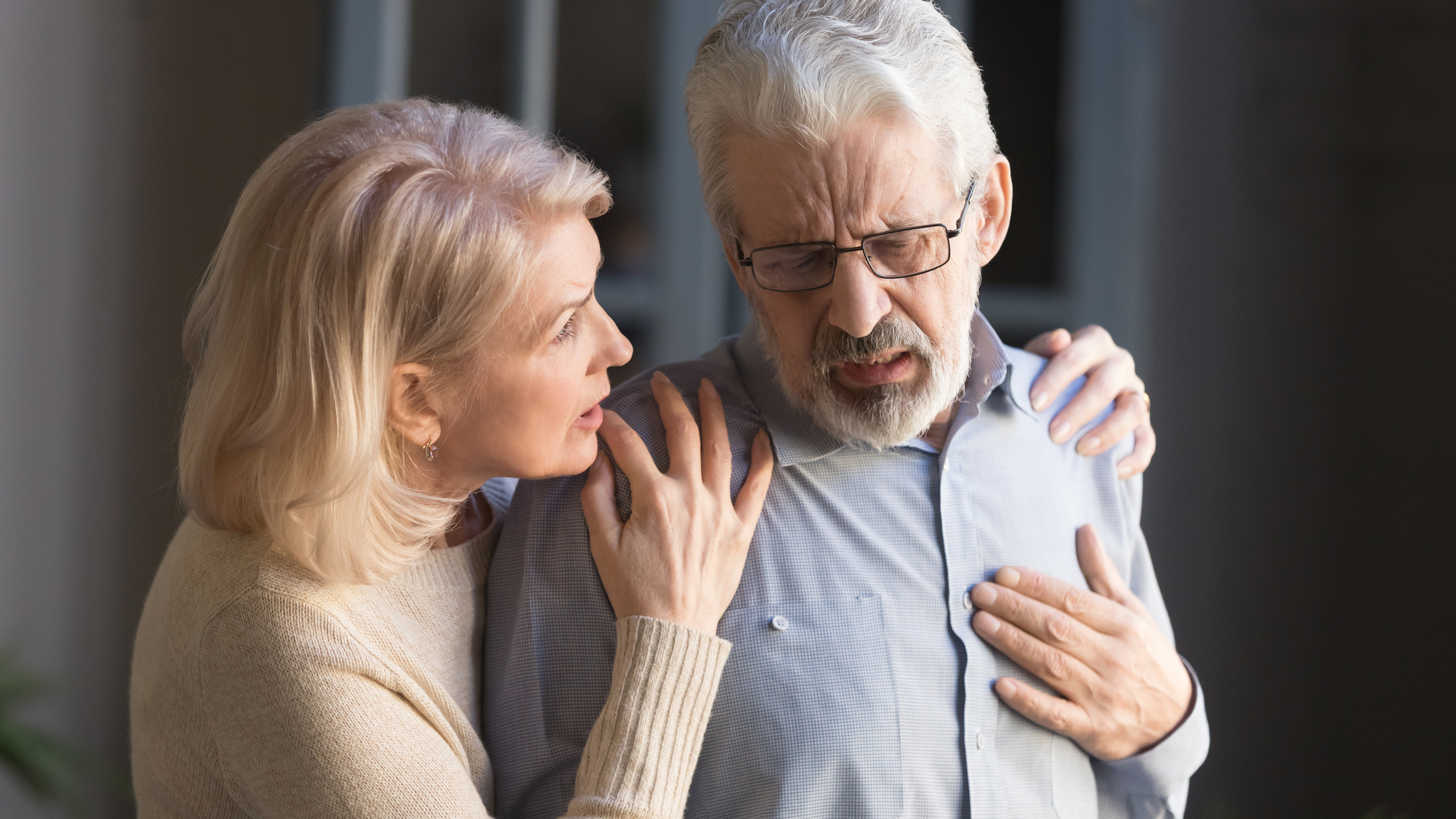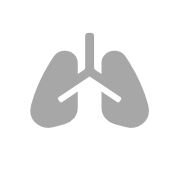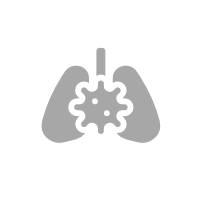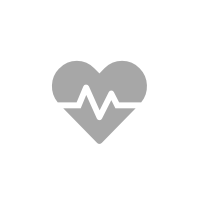
ABOUT FLARE-UPS
Flare-ups of COPD occur when you experience a sustained worsening of symptoms such as more breathlessness, cough or phlegm production that is greater than your typical day-to-day fluctuation. Flare-ups often build up over a relatively short period of time and are typically associated with increased inflammation and narrowing of the airways. You may hear people refer to a flare-up as an exacerbation, lung attack or lung crisis. These all mean the same thing.
Many different factors can potentially cause or trigger a lung flare-up. In several cases the cause is unclear. Common examples include:
Viral infection
Bacterial infection
Allergic rhinitis
Medical conditions
Air / environment factors
Psychosocial factors
The risk of experiencing a lung flare-up can differ between people. Factors known to increase this risk include:
- Having experienced a prior flare-up, especially in the past year
- Having more severe lung disease
- Having a viral or bacterial infection
- Cardiac or reflux problems
- Psychological and social environmental stressors
- Exposure to fumes and air pollution (including smoke, strong cleaning products or perfumes and dust).
It is important to learn the warning signs that typically suggest the start of a lung flare-up FOR YOU (as these differ between people).
Commonly reported symptoms that may suggest the start of a lung flare-up include:
- More wheezing / difficulty breathing
- More coughing than usual
- More frequent use of relievers
- Loss of appetite
- More amount of phlegm
- Change in colour or thickness of phlegm
- Poorer sleep
- More fatigued / lethargic
A change to your routine medical management is required when you are experiencing an exacerbation, and a medical review is recommended that may or may not require hospitalisation.
Complications of flare-ups:
In addition to increased symptoms, other problems can ensue during a flare-up and many would require hospitalised interventions with some treatments continuing beyond discharge:

Functional decline

Respiratory failure

Pulmonary embolism

Pneumothorax

Pneumonia

Cardiac event

Haemodynamic instability

Right heart failure

Change in mental status

Malnutrition